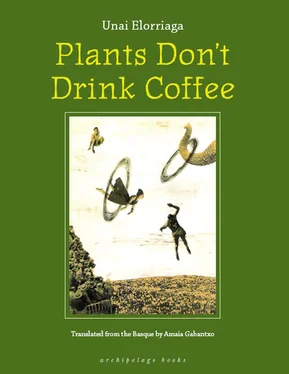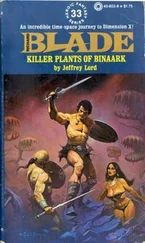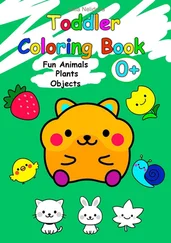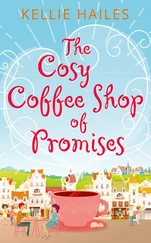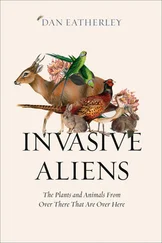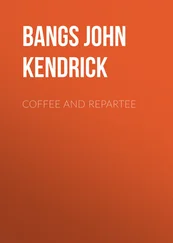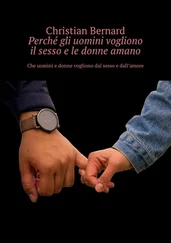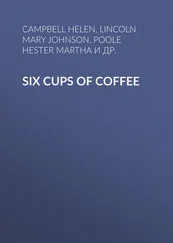“Because people from Sarri are very attached to Sarri,” Piedad.
“Funny to hear you say that, seeing as how you’ve spent quite some time in Sarri yourself,” Rosa.
“Me, in Sarri?” Piedad. “Only with Samuel.”
And she started talking about Samuel, of course. She explained how Samuel used to live in Sarri in the summer. And that Samuel and she would drive around in his car, around Sarri and around our town. And that Samuel bought the first car ever seen around here. Many more cars came afterwards, but Samuel’s was the first. She said they used to drive around Sarri in the car. And around Eldas. And Samuel had seen half of Europe driving around in his car. Around Italy as well. But he didn’t like Italy. She said all architects love Italy, but not Samuel. Samuel used to say he found it tiresome. Piedad told us Samuel bought a gramophone in Italy.
“They are good, Italian gramophones,” Rosa. She’d heard something about Italian gramophones.
“Afterwards they asked him to build a house in Italy,” Piedad. “And he built it. Samuel used to say: ‘We’ll have to improve Italy a bit.’ That’s what he said; he was crazy. And he got a prize for that house too. I accompanied him when he went to collect it. He bought another gramophone on that occasion. It was for me, that gramophone.”
Afterwards Piedad said more things about Samuel Mud’s houses. Tomas didn’t understand much of what she was saying.
She also said, so as to not stop talking about Samuel, how they used to go to the movies a lot. The thing was to keep talking about Samuel. She said that they went to the Artaud cinema, which had disappeared thirty-six years ago. She said that the Artaud cinema was older than she was.
Piedad said she used to watch the movies alone, anyway, because Samuel was usually playing the piano. And she explained how Samuel learned to play exactly for that reason, to play at the theater during movies. He learned on his own, at home. And he started playing the piano when he was thirty, not as a child. She said he only played at the cinema. That he learned to play for that purpose. She said it was a whim of his, to play the piano at the cinema.
Piedad fiddled with the book she had on her lap, turning it round and round, so much so the sweat from her hands was beginning to stain the cover. They’d written the names of the two architects in big letters: Samuel Mud / Sorin Firs . And underneath: Letters . And under that, in smaller font, the name of the person who’d compiled the volume.
“Samuel played in the cinema for free,” continued Piedad. “The owner of the cinema was Silvestre; Silvestre, you know, from Gobela. Samuel used to play the piano to help him. In summer. He was a very good friend of Silvestre. We used to watch a lot of Buster Keaton movies.”
“He’s still alive, then?” Rosa.
“Who, Buster Keaton?” Piedad.
“No, Silvestre.”
“He’s alive, yes. He must be at least seven years older than Methuselah. He worked in the train station carrying peoples’ suitcases and so on afterwards, when the cinema closed down. He used to rub shoulders with the doctor a lot, with Don Jose. And with Samuel too. In the summer. That’s why Samuel played the piano. He played for free. And he’d buy a ticket for the movie too. And another one for me.”
Rosa opened the window seven centimeters. Piedad kept talking about Samuel.
“And then Samuel told Silvestre he wanted to buy a seat. A seat only for himself. That was another one of his whims.”
Piedad said Samuel gave Silvestre a lot of money for the seat. And he spent a whole morning choosing one. And in the end he picked the worst one. Because the truth was Samuel was always at the piano and he didn’t want the seat at all.
Tomas couldn’t understand what Samuel Mud had bought the cinema seat for, if he always sat at the piano. Tomas hadn’t even been born when the Artaud cinema was demolished; it had happened twenty-something years before that.
Piedad said Silvestre had Samuel’s name engraved on the seat so no one would sit in it. At least until all the other seats were full. Only when all the other seats were full was it permitted to sit in Samuel Mud’s seat. But whoever wanted to sit there had to go to the piano and request Samuel’s permission. Samuel always granted it, of course. And not only that: as well as granting permission, he would offer a present of two crabs to the person who took his seat. And, of course, said Piedad, everybody wanted to be the last to arrive in the cinema, and everybody wanted the cinema to be completely full. That’s why Samuel did the thing with the crabs, so the cinema would be full to the rafters. Samuel did that to help Silvestre.
“Do you realize what two crabs cost back then?” Piedad. “That’s what Samuel would do for Silvestre: give away crabs. It was a rare day when the cinema didn’t fill up.”
Piedad went silent. All eyes were on her. Then she said:
“He’s named Silvestre because he was born in December, on the thirty-first. He’s still alive. That Silvestre could be Methuselah’s uncle.”
SORIN FIRS
Rosa asked Piedad for the book. She read the words on the cover, slow and clear: Samuel Mud / Sorin Firs. Letters . Then she opened the book. Some of Sorin Firs’ letters were in English.
“And who is Sorin Firs, Piedad?” Rosa asked her.
“Another madman,” Piedad. “Another architect. I don’t know what he was, French, English, German; I don’t really know where he was from. I know he was in the war, that I know. Samuel used to tell me that often; how Sorin Firs had been in the war and brought his bicycle to war. He always told the same story. He used to tell me how he’d dismantle his bicycle and carry it in his rucksack. Afterwards he spent three days buried under rubble, during the war. A bomb exploded five meters away and trapped him under rubble for three days.”
Tomas imagined a man then, a man with a moustache and a war helmet. He imagined him in a swimming pool, but instead of water, he imagined rocks all around him and on top of him, filling up the pool. Piedad was still talking.
“Samuel used to say that Sorin Firs was an artist. In architecture. Samuel used to say: Sorin Firs is a master. He used to say: Sorin Firs is the world’s master of architecture.”
Piedad could remember the things Samuel used to say about Sorin very clearly. Samuel used to say Sorin Firs was dead when he returned from the war. That Sorin said: The war killed me. According to Samuel, this was why Sorin Firs was such an artist, because he was dead. This was the reason why Sorin Firs was a genius. Samuel used to say things like that. Piedad remembered these things all of a sudden.
Rosa returned the book to Piedad. Piedad put it on her lap again. Samuel Mud / Sorin Firs. Letters . Tomas watched Piedad’s every move. He watched Piedad’s book like it was a carving knife.
“Sorin Firs used to say the opposite too,” said Piedad, continuing with the story. “He used to say that Samuel Mud was the genius, not him. And that’s what they used to do all the time, tell each other that. Always. They were both mad. Sorin Firs was much madder, though, that’s for sure.”
Rosa pricked a finger with a needle. A bubble of blood surfaced on her finger. She licked it. She didn’t stop sewing.
“I don’t know where Sorin Firs lived,” Piedad. “Germany, France. I don’t know where he lived. Maybe in Belgium. Samuel used to say that Sorin Firs’ house was special. That his house was all grass. I couldn’t understand him, but Samuel used to say it often, that his house was all grass, that grass grew all over it. Grass on the walls, grass on the roof. I couldn’t understand what a house like that would look like. I never saw it.”
Читать дальше
